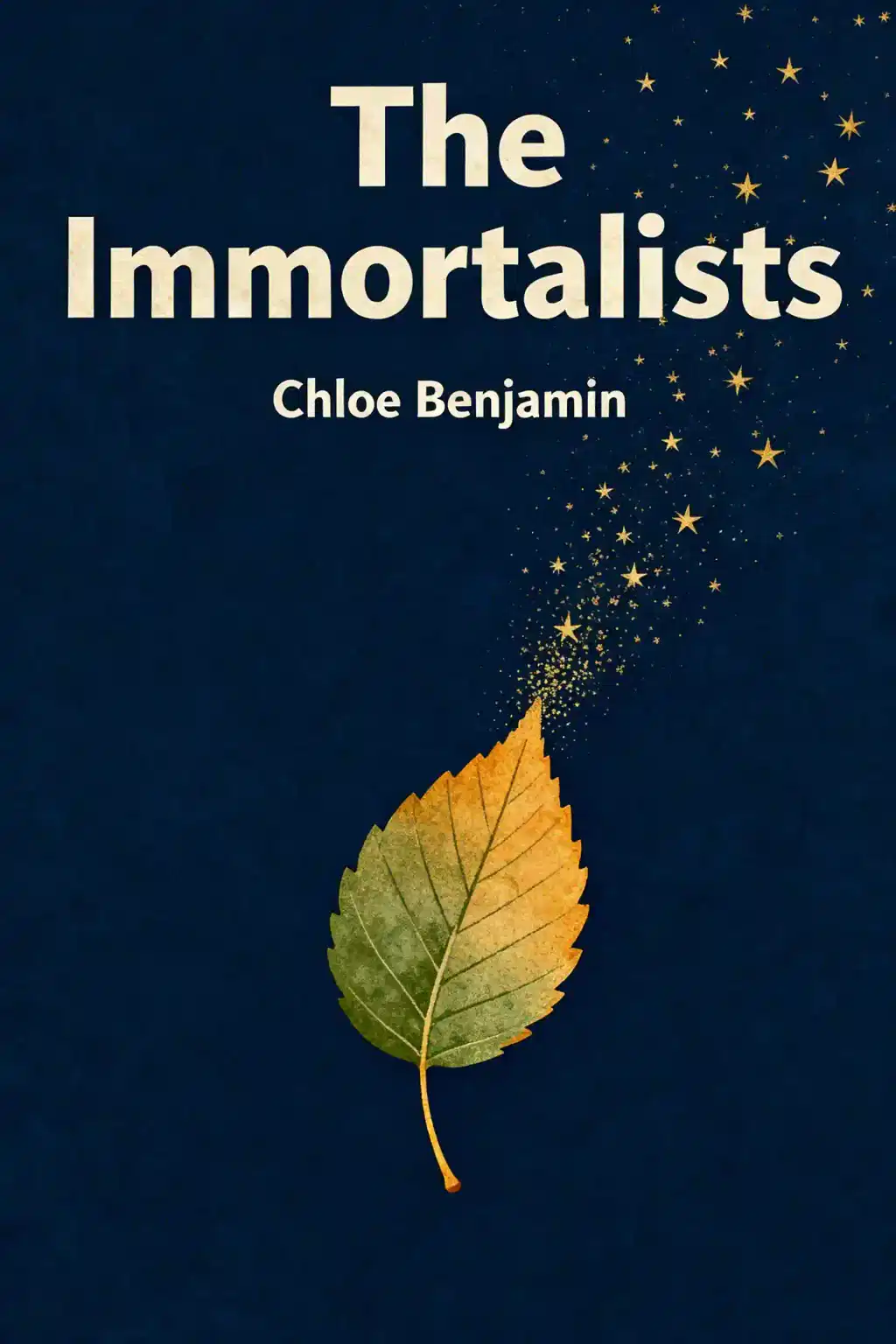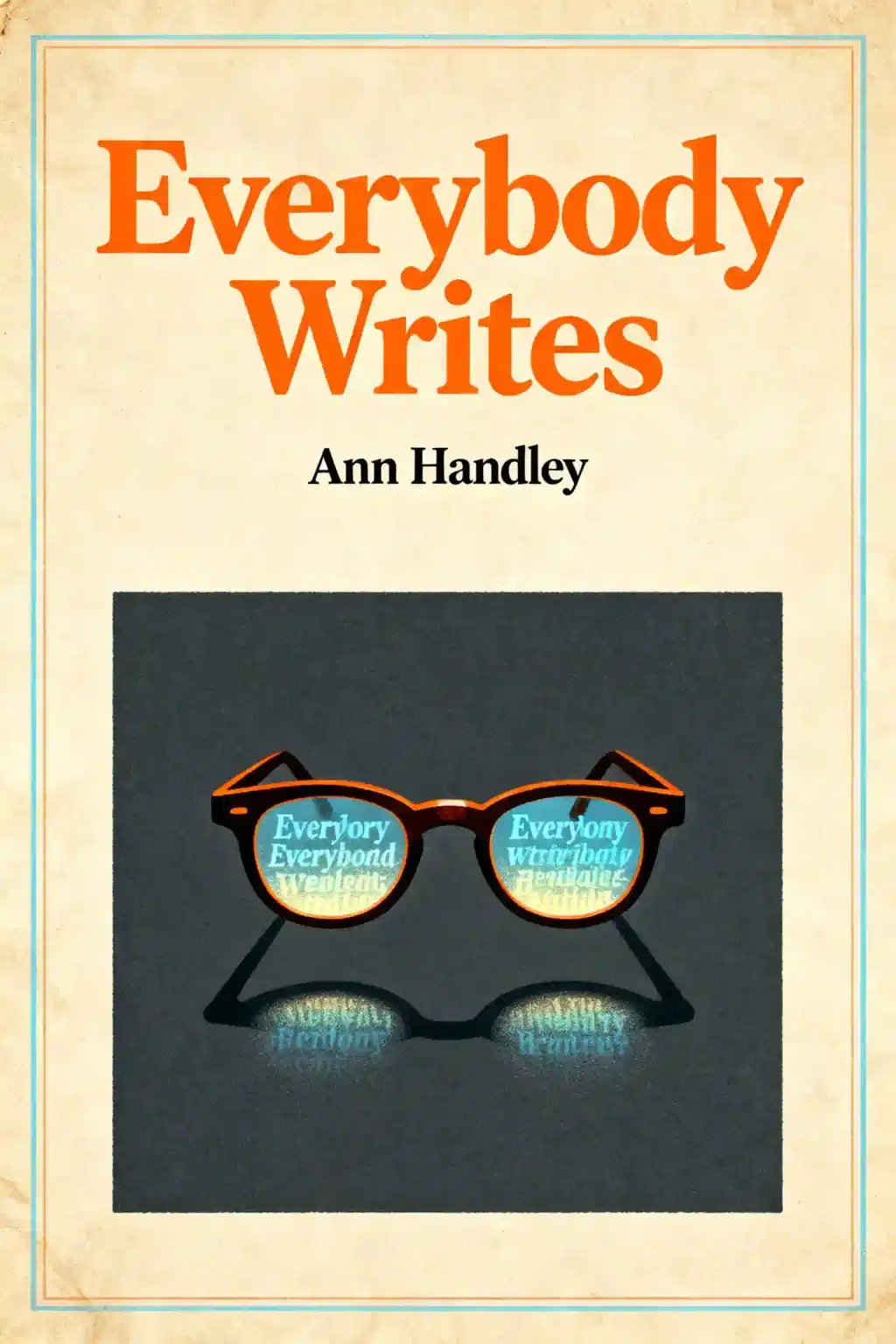What is The Immortalists by Chloe Benjamin about?
The Immortalists follows four Gold siblings—Varya, Daniel, Klara, and Simon—who visit a fortune teller in 1969 New York and learn the exact dates of their deaths. The novel spans five decades, exploring how this knowledge shapes each sibling's life choices, relationships, and sense of destiny. Each section focuses on one sibling as they approach their predicted death date, examining whether the prophecy becomes self-fulfilling.
Who should read The Immortalists?
The Immortalists is ideal for readers who enjoy character-driven literary fiction exploring existential questions about fate, mortality, and family dynamics. It appeals to those interested in psychological examinations of how knowledge shapes behavior, particularly the tension between destiny and free will. Readers who appreciate multi-generational family sagas spanning historical periods—including the AIDS epidemic in 1980s San Francisco—will find this compelling.
Is The Immortalists by Chloe Benjamin worth reading?
The Immortalists receives mixed reviews but is generally considered thought-provoking and well-crafted. The first two sections focusing on Simon and Klara are particularly powerful and moving, while Daniel and Varya's sections vary in strength. Many readers find the premise—whether knowing your death date changes your destiny—unforgettable and addictive, though some consider the story depressing since multiple characters die.
What happens to each sibling in The Immortalists?
Simon dies at 20 from AIDS in San Francisco after living openly as a gay man and pursuing ballet. Klara becomes a successful magician but struggles with alcoholism and hangs herself on her Las Vegas opening night—her predicted death date. Daniel, a military doctor, confronts the fortune teller with a gun and is shot by FBI agent Eddie O'Donoghue. Varya becomes a longevity researcher and extreme germophobe, living to 88 as predicted.
What is the main theme of The Immortalists?
The central theme of The Immortalists is whether destiny is predetermined or if we control our own fates through our choices. Chloe Benjamin explores whether the fortune teller's predictions caused the siblings' deaths or merely revealed inevitable outcomes, examining self-fulfilling prophecy throughout. The novel also questions whether knowing your lifespan encourages living fully or creates paralyzing fear, and how grief and family bonds shape our decisions across decades.
Does knowing your death date become a self-fulfilling prophecy in The Immortalists?
The Immortalists strongly suggests the predictions function as self-fulfilling prophecies for most siblings. Simon refuses to quarantine during the AIDS epidemic because he believes he'll die at 20 anyway, directly contributing to contracting the disease. Klara hangs herself on her predicted opening night, partly to prove magic is real. Daniel becomes obsessed with the fortune teller, leading to his fatal confrontation. Only Varya's extreme health precautions might extend her life naturally.
What are the criticisms of The Immortalists by Chloe Benjamin?
Critics note that The Immortalists has uneven pacing, with Daniel's section feeling contrived when Eddie O'Donoghue reappears, and Varya's section losing focus during lengthy scientific descriptions. Some readers find the siblings' continued belief in childhood predictions implausible and their actions increasingly outlandish. The premise requires accepting that the fortune teller must be correct or there's no story, which strains credibility for some. The depressing nature—multiple deaths—makes it emotionally difficult.
How does The Immortalists explore family and grief?
The Immortalists examines how the siblings' shared secret both bonds and isolates them throughout their lives. After their father Saul's early death, the family fractures—Simon and Klara flee to San Francisco while Daniel and Varya remain in New York. Varya deliberately distances herself from her siblings, fearing attachment will bring them harm, sacrificing relationships for perceived safety. Each death compounds the family's grief, with Klara mourning Simon through alcoholism and Daniel's obsession with the fortune teller stemming from losing both younger siblings.
What does magic symbolize in The Immortalists?
Magic in The Immortalists represents the desire to transcend mortality and connect with the deceased. Klara becomes a magician specializing in seemingly death-defying tricks, calling her act "The Immortalists" to suggest conquering death. She believes that dying on her predicted date will prove magic is real and that she can communicate with Simon from beyond. The fortune teller herself embodies ambiguous magic—whether she possesses true prophetic abilities or simply plants suggestions that shape destinies remains deliberately unclear.
How does The Immortalists portray the AIDS epidemic?
The Immortalists depicts the AIDS crisis devastatingly through Simon's story in 1980s San Francisco. After four years of freedom as an openly gay man and ballet dancer, Simon watches AIDS tear through the city. His belief that he'll die at 20 regardless makes him refuse quarantine measures, wanting to enjoy his remaining time rather than live in fear. He contracts HIV through unprotected encounters and dies on his predicted date, June 21st, illustrating how fatalism intersected tragically with the epidemic.
What is Varya's role in The Immortalists?
Varya, the eldest Gold sibling, becomes a biologist researching whether calorie restriction extends monkey lifespans, seeking scientific answers to mortality questions. Predicted to die at 88, she transforms into an extreme germophobe who meticulously controls her health and environment. Her obsession with longevity causes her to distance herself from family relationships, believing emotional connections might harm them or herself. Varya's scientific approach contrasts sharply with her siblings' more fatalistic acceptance of their prophecies.
How does The Immortalists end?
The Immortalists concludes with Varya's section, following her at age 53 as she continues longevity research while grappling with extreme germophobia and isolation. Unlike her siblings who died on or near their predicted dates, Varya is fated to reach 88 in 2044. The ending explores whether her rigorous health precautions represent true agency over destiny or another form of being controlled by the prophecy. Benjamin leaves readers questioning whether knowledge empowered or imprisoned the Gold siblings throughout their lives.














